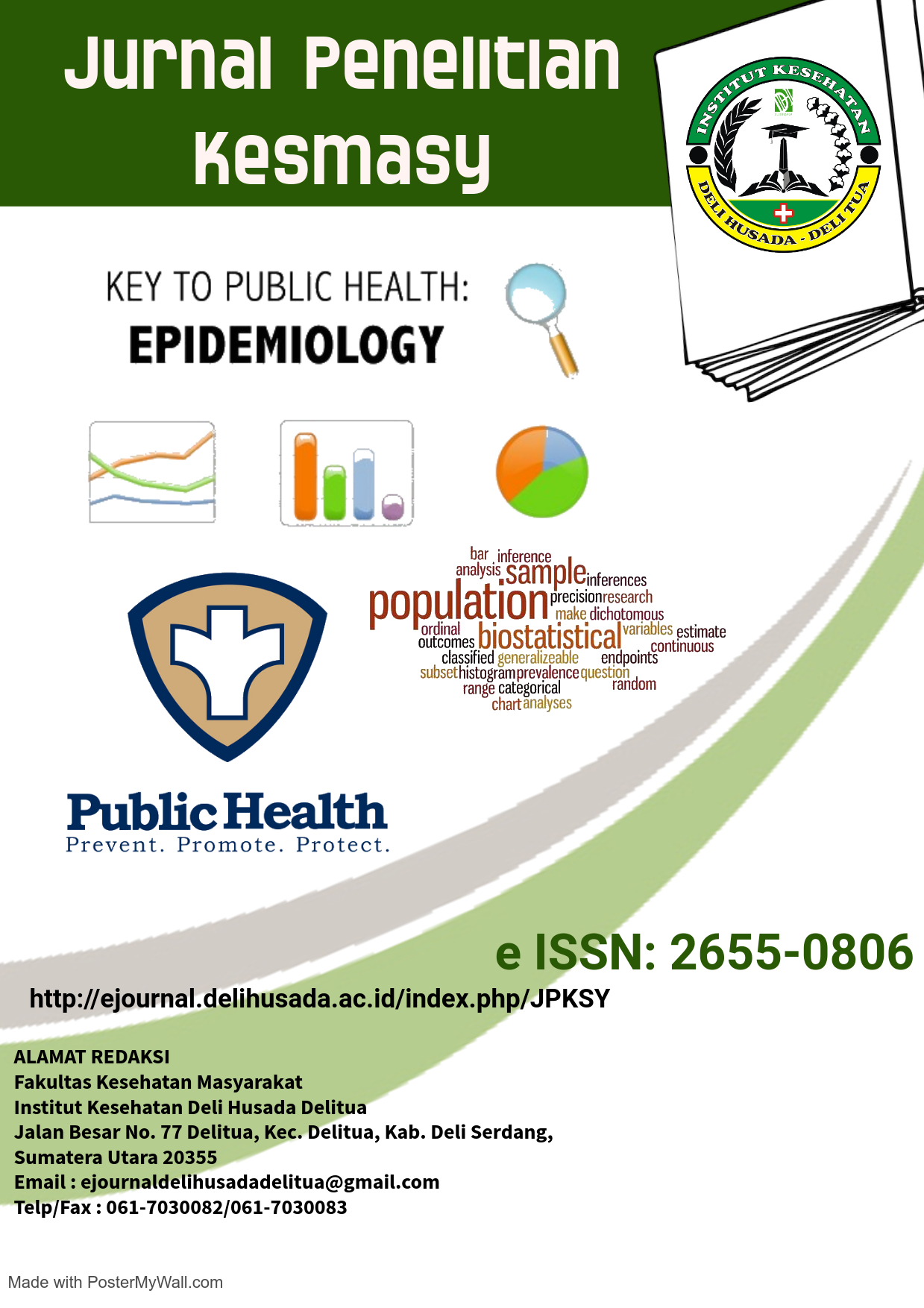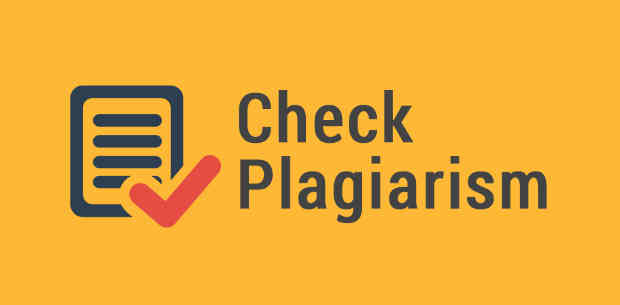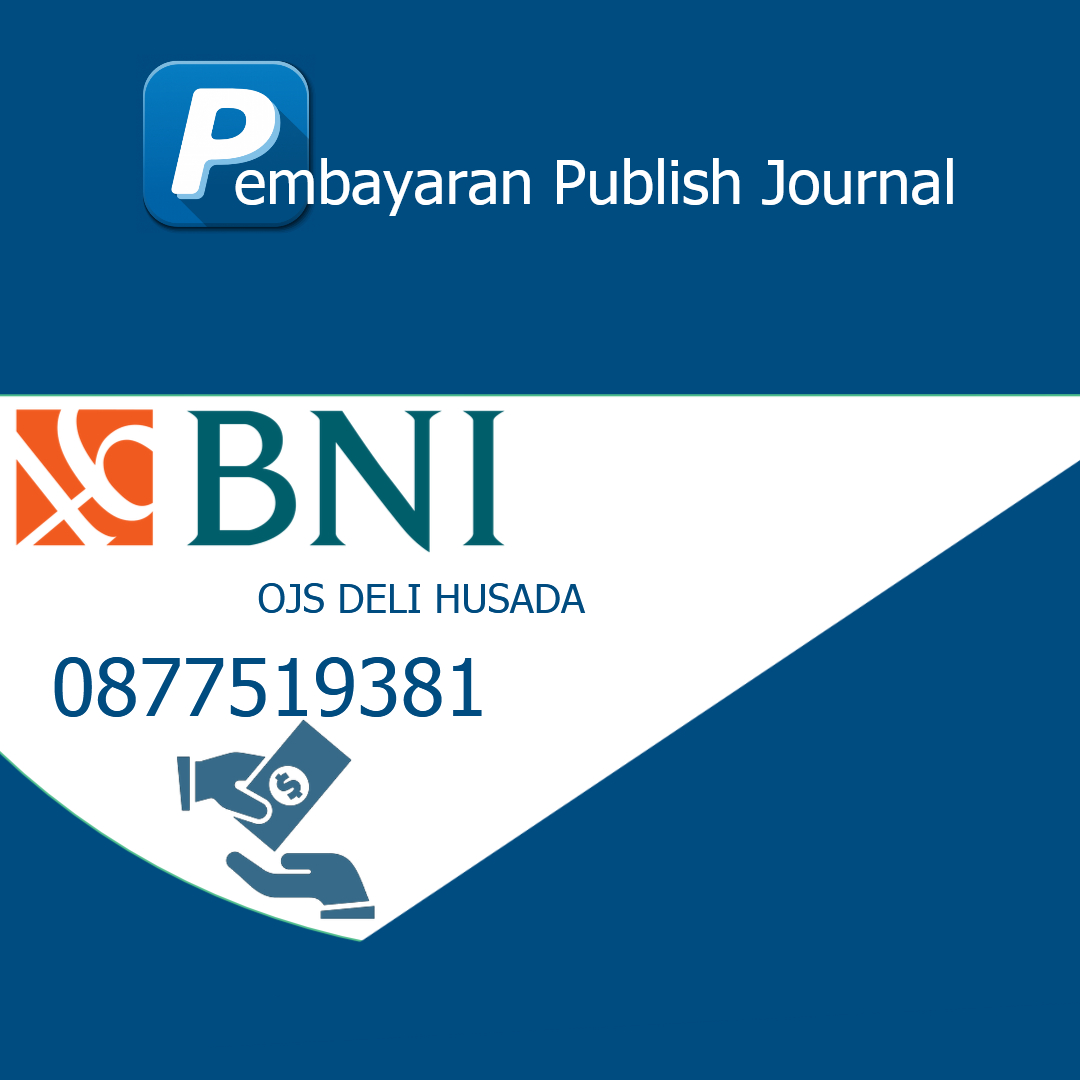Hubungan Program Sanitasi Total Berbasis Masyarakat (STBM) Dengan Kejadian Diare Pada Masyatakat Yang Tidak Memiliki Jamban Di Wilayah Kerja Puskesmas Berohol Kota Tebing Tinggi Tahun 2019
Abstract
The number of Diarrhea KLB Cases in 2010 was 2,580 with77 deaths (CFR2.98%). This result was different from 2009 where there were 3,307 cases of diarrhea KLB, 21 cases of deaths (CFR0.69%). And the latrines ownership is one of the causes. Good total sanitation decreases 94% of diarrhea. The purpose of this study is to determine the relationship between total community-based sanitation programs and the incidence of diarrhea incommunities who do not own latrines. This type of research uses Cross Sectional research. The population of this study is all communities that reside in the working area ofPuskesmas Berohol of Tebing Tinggi City. The sample is 60 respondents using the Simple Random Sampling technique. Instrument research questionnaire and observation sheet. The results of this study state that there is a relationship between the total community-based sanitation program and the incidence of diarrhea in people who do not have latrines, wherethep-valueis 0.002 < 0.05. The conclusion is based on there search about there lationship of Community Based Total Sanitation Program (STBM) with Diarrhea Incidence in Communities that Do Not Have Latrines in the Work Area of the Alcoholic Health Center of Tebing Tinggi City in 2019. The results obtained are that there is a relationship between the total community-based sanitation program (STBM) and the incidence of diarrhea. Suggestions for the community to improve the individual of total sanitation.
References
Ariani, 2016, Diare Pencegahan dan Pengobatannya, Nuha Medika, Yogyakarta,
Arisman, 2009, Buku Ajar Ilmu Gizi, EGC, Jakarta
Chandra Budiman, 2006, Pengantar Kesehatan Lingkungan, EGC, Jakarta
Depkes RI, 2000, Buku Pedoman Pelaksanaan P2 Diare, Ditjen PPM dan PL, Jakarta.
Dinkes, SUMUT. 2017. Profil Dinas Kesehatan Provinsi Sumatera Utara (diakses tanggal 23 Oktober 2019).
Depkes RI. (2011). Buku saku petugas kesehatan lintas diare.Jakarta: Depkes RI ( diakses tanggal 24 Oktober 2019).
Kemenkes RI. 2011. Profil Kesehatan Indonesia Tahun 2012. Jakarta : Depkes.
Notoatmodjo, S. 2005. Metodologi Penelitian Kesehatan.Rineka Cipta. Jakarta.
Notoatmodjo, S. 2010. Ilmu Perilaku Kesehatan. Rineka Cipta. Jakarta.
Notoatmodjo, S. 2014. Ilmu Perilaku Kesehatan. Rineka Cipta. Jakarta.
PAMSIMAS SC. 2008. Buku Saku Fasilitator. Jakarta: Sekretariat CPMU PAMSIMAS.
Puskesmas Berohol.. Profil Puskesmas Berohol Kota Tebing Tinggi.Tahun 2019 In: Puskesmas,editor.Berohol : Puskesmas Berohol 2019.
Sumantri, Arif. 2017. Kesehatan Lingkungan. PT Kharisma Putra Utama . Depok.
Soeparman dan Suparmin. 2002. Pembuangan Tinja dan Limbah Cair. Penerbit Buku Kedokteran EGC.Jakarta .
Jurnal:
East Asia and the Pacific (WSP-EAP) Water and Sanitation Program. 2009.Informasi Pilihan Jamban Sehat. Jakarta. World Bank Office ( diakses pada tanggal 27 Oktober 2019).
Sukma, Hadiati, dkk. 2019. Hubungan Pengetahuan, Sikap BAB, dan Kepemilikan Septi Tank dengan Status ODF ( Open Defecation Free) di kecamatan Candisari, Kota Semarang. Jurnal Kesehatan Masyarakat (e-Journal) Volume 6 no 6( ISSN: 2356-3346) Universitas Diponegoro.http ://ejournal3.undip.ac.id/index.php/jkm (diakses tanggal 24 Oktober 2019).
Sholikhah S. Hubungan Pelaksanaan Program ODF ( Open Defecation Free) dengan Perubahan Perilaku Masyarakat dalam Buang air Besar di luar jamban di Desa kemiri Kecamata Malo Kabupaten Bojonegoro Tahun 2012. SURYA. 2014; 2(18)(diakses tanggal 7 November 2019).
Sari E Atika, Analisis Implementasi Rogram Penyediaan air Bersih dan Sanitasi Total Berbasis masyarakat Pilar Pertama Stop BABS ( Buang Air Besar Sembarangan) Di Desa Gunung Baringin Kecamatan Barumun TengahKabupaten Padang lawas Tahun 2019.
Peraturan dan Perundangan:
Depkes RI. 2015. Strategi Nasional Sanitasi Total Berbasis Masyarakat. Jakarta.
Kemenkes RI. 2013. Peraturan Mentri Kesehatan Republik Indonesia Nomor
3 Tahun 2014 Tentang Sanitasi Total Berbasis Masyarakat. Jakarta.







